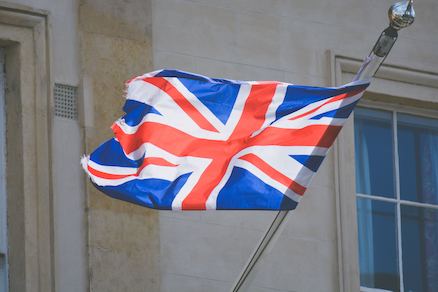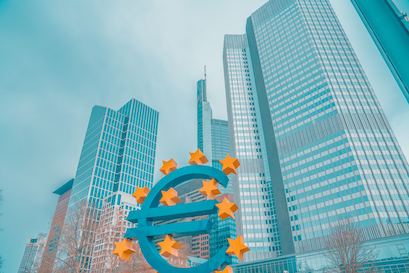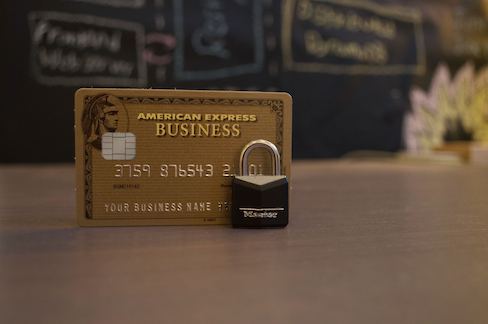Are you travelling to the UK or Britain soon? If so you will need a electricity plug adapter to make sure you can keep your phone charged, CLICK HERE to see the best available.
Learning about the country’s payment systems is very important before traveling there. You should know how to pay for your expenses whether in cash or through other means. There are a number of domestic networks that allow you to transfer money within the country much like the US with examples such as walmart to walmart money transfer. Have a quick read through our money guide and be informed before flying out to London.
The Great British Pound (GBP): Official Currency of London
The official currency in London is the British Pound. Sometimes it is referred to as the pound sterling. You can shortcut it to just “The Pound”. Its currency code is GBP.

When walking around London, you may want to tighten your belt. Not because the city is expensive but your pants may fall down. The Pound is denominated more in coins rather than paper. It will certainly add more weight to your wallet.
If you want to exchange your currency to the Pound, you can do so at banks, post offices, the airport, and some of the city’s train station. In order to maximize the value of your currency, always check the reference rate and compare rates between exchange centers.
Currency In UK and England
It can be a little confusing understanding the currency in England, the UK and Great Britain. The United Kingdom encompasses Wales, Scotland, and England all of which use Pound Sterling as their currency. GB also includes southern Ireland as well as the aforementioned countries which also use GBP. Southern Ireland is outside of Britain and uses the Euro as money.
Do You Still Have Euros?

Because of Brexit, London will no longer be part of the European Union (EU) by 2020. The Euro is the official currency of the European Union. The United Kingdom never recognized the Euro as its official currency when the country was still with the EU. However, some establishments in London can accept the Euro as payment.
Therefore, if you still have leftover Euros from your visit to EU member countries, you can use them as legal tender at least prior to London’s complete transition away from the EU.
One thing you have to keep in mind is that the exchange rate between the Euro and the Pound could be volatile. Check the rates of exchange first before making a decision on exchanging your Euros for British Pound.
Foreign Currency Exchange
As you well know, the currency market can be very volatile. You are best advised to prepare well ahead of time and decide on whether you want to buy the Pound Sterling before departing for London or exchanging for them in banks or at the airport.
Ask your local bank is they have affiliate banks in London. Then make a request if they can give you the prevailing exchange rate at the time. This will give you an idea if you can get a more favourable exchange rate at your bank or in London.
The reference rates may look similar but the spread creates the difference. Banks, airport, and hotel exchange centers sell the Pound at varying rates. You should also take note of commissions and fees when exchanging currencies.
Credit Card And Debit Card
A credit card is a convenient way of paying for your expenses especially when traveling to a foreign country such as England. Many establishments in London accept both credit card and debit card payments. Of course, Mastercard and Visa are preferred but Diners Club and American Express are likewise accepted by growing number of businesses.

You might be caught off- guard if an establishment in London requests for your Personal Identification Number or PIN before completing a credit card transaction. Before flying out, get a PIN number from your card’s issuing bank. You should also find out if using a credit or debit card in London will incur additional fees and other transactional charges.
Automated Teller Machines (ATMs)
It should be no surprise that ATMs can be found anywhere in London. Withdrawing from an ATM is the most convenient way to shop with cash. All you need is your debit or credit card. Make sure your PIN is working and activated.
Once you withdraw from the ATM, the bank will immediately factor in the prevailing rate of exchange and will be denominated in United States dollars in your statement.
In most cases, the rate of exchange that you can get from an ATM is more favourable than a bank and other exchange centers. However, you should always make it a point to verify from your bank other charges that could be added on whenever you transact with an ATM.
Should You Tip?
There’s a reason why “TIPS” is the acronym for “To Insure Proper Service”. An argument could be made that the acronym is wrong that it should be “ensure” instead of “insure”. However, the grammatical error could be by design and it is intended to emphasize the importance of payment for good service.
Tipping is widely accepted and is considered a necessity in some countries notably the United States. However, that is not the case in London.
For example, if you were to go to a bar for a few pints, the bartender will not expect you to pay him or her for doing what a bartended is supposed to do. Tipping is more accepted at fine- dining or casual- dining restaurants where the establishment would pull out the stops to give you a great experience.
What is an acceptable tip?
How much should you tip? The standard percentage is 10% of the total bill. If you are totally satisfied with the experience, you can go as high as 15%. Before deciding on whether to tip or not, check your bill. It is possible that your total bill already includes the tip.
If you are traveling around London in a cab, be advised that cab drivers are usually tipped at a rate that is calculated to 10% of the total fare. Keep things simple by rounding the total amount to be tipped to the nearest pound.
